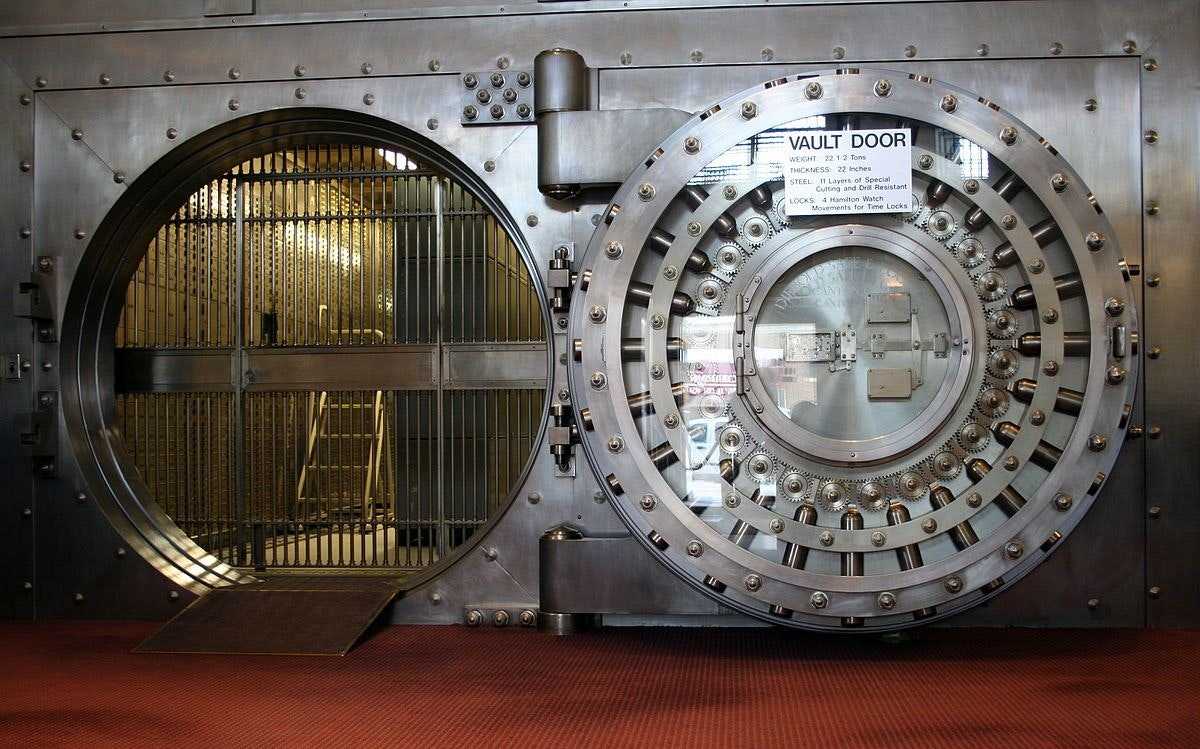SAFEs - Simple Agreements for Future Equity - are a type of security designed for raising funds under Regulation Crowdfunding, a new law introduced last month in the US. In our previous post we outlined the crowdfunding legislation in the US introduced over the past two years, including Reg Crowdfunding.
Platforms registered with the Securities and Exchange Commission and the Financial Industry Regulatory Authority - 10 have registered thus far - are able to raise capital, on behalf of businesses, under Reg Crowdfunding.
A mix of startups and seed-stage companies are making use of the ability to raise up to $1 million by issuing convertible notes, common equity, preferred equity, profit sharing agreements, and SAFEs. SAFEs are becoming the investment vehicles of choice.
What Are SAFEs?
Since the early-2000s, convertible debt was the most common structure for pre-seed and seed capital raises. It provides a debt-like instrument with the ability to morph into an equity stake. It allows companies to avoid valuing their companies and affords flexibility, however it can be burdensome for early-stage companies.
SAFEs are providing an attractive alternative. SAFEs are intended to replace convertible notes - debt that can covert to equity - in many cases, addressing a number of the problems with convertible notes while preserving their flexibility.
Unlike a convertible note, SAFEs are not debt instruments. Debt securities have maturity dates, accrue interest, can be subject to heavy regulatory requirements and can create the threat of insolvency. SAFEs remove the need revise agreements in the future, such as extending maturity dates. SAFEs also better align with the preferences of most shareholders, who had no intention of being lenders.
What Are Their Benefits?
Cost-Efficiency:
Investors are not providing funds via a SAFE in the form of debt. Accordingly, funds do not accrue interest, removing this burden for cash-poor startups and early-stage companies.
Cost benefits also come from removing the need to renegotiate terms such as maturity dates, interest rates and expiration periods. Furthermore, SAFEs are one-document securities, saving on legal fees and reducing the time spent negotiating the terms of the investment. Businesses and their investors usually only have to decide on one thing: the valuation cap.
Convenience:
Another major advantage - thanks to the absence of interest and maturity dates - are their ability to be amended by only one lead investor. Investors agree to give one person authority to sign for amendments, removing the need for businesses to gather hundreds of signatures.
SAFEs also include repurchase rights, allowing businesses can repurchase SAFEs at any time prior to conversion into equity. This provides two key benefits: mitigating holdups when raising further funds, and providing an easy exit route for investors wanting to avoid a conflict of interest that may arise.
A distinct advantage for companies is the power of attorney granted to CEOs for minor shareholders. This comes in after the SAFEs have been converted into equity. This makes future financing a simple affair, as well as other situations requiring shareholder permission.
Adaptability:
They are highly customisable. Valuation caps, the discount rate, major shareholder thresholds, pro-rata rights and the timing of when the security coverts to equity can all be determined when establishing the SAFE.
That's it from us. Stay tuned for our blogpost outlining Equitise's new syndicated investment platform.
